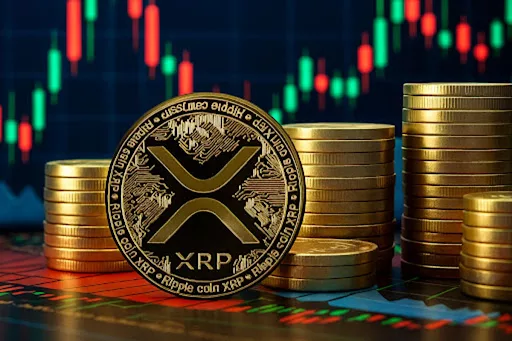Hong Kong council hints at RMB stablecoin development

The Hong Kong Legislative Council has published a special bulletin that details the latest developments regarding stablecoins in the region, including renminbi-backed stablecoins.
Summary
- Hong Kong’s Legislative Council’s latest report included plans to seek central government support for the issuance of offshore RMB-backed stablecoins.
- Major Chinese state-owned enterprises such as PetroChina and the Bank of China have shown interest in obtaining stablecoin licenses to issue their own stablecoin pegged to the Chinese currency.
On Oct. 13, the legislative council released a document called the “special report” which consists of major government policy initiatives and hot social issues, and provide the latest developments and data. This month’s edition focuses on the latest developments in fintech and digital asset.
“This special report provides an overview of how the nation has, in recent years, leveraged technology for innovation and application in areas such as digital assets, green and sustainable finance, and cross-border finance, as well as a summary of related discussions in the Legislative Council,” wrote the council in a translated foreword.
The council notes that the world is currently undergoing a shift in financial systems driven by technology, specifically cryptocurrency, stablecoins and other web3 elements. At the moment, the government is actively pushing for innovation in the field of financial technology to strengthen its position as an international financial hub.
The document seems to suggest that Hong Kong is seeking support from the central government to explore the development of offshore Renminbi-backed stablecoins. This is the first time since August that the government has openly expressed interest in facilitating the issuance of stablecoins pegged to the Chinese official currency.
By issuing RMB-backed stablecoins, Hong Kong could strengthen its position as a a global hub for digital assets and web3 innovation by promoting cross-border trade settlement and improving payment efficiency via stablecoins.
So far, the government has issued policies to accelerate advancements in the financial technology, namely the Stablecoin Ordinance which came into effect on August 1 this year. Since then, Hong Kong lawmakers have proposed multiple amendments to the Stablecoin Ordinance in response to industry feedback.
Some of the proposed changes involve allowing licensed digital asset issuers to sell stablecoins pegged to traditional fiat currencies, in addition to the four types of approved providers originally proposed by the government. It would also direct its focus on the issuance of tokenized green bonds, with a total of $43 billion in green and sustainable bonds arranged for issuance.
China eyes Hong Kong stablecoin issuer licenses
Following the release of the region’s Stablecoin Ordinance, dozens of institutions have expressed interest in registering for a stablecoin issuer license under the Hong Kong Monetary Authority. Many of them include Chinese state-owned businesses eager to take advantage of the buzz surrounding stablecoins to issue their own stablecoin pegged to the local currency.
Some of the interested applicants include China National Petroleum Corporation and the Bank of China. PetroChina in particular is eager to explore the use of stablecoins to facilitate cross-border settlements for oil and gas exports.
Since the Stablecoin Ordinance came into effect, there have been multiple reports indicating that the Chinese government is making moves to explore a yuan-backed stablecoin for the first time, signaling a major pivot in its digital asset approach. However, this stance has shifted back and forth as the government once took a more cautious approach amid the stablecoin frenzy by asking firms to halt all related research.
Mounting investor interest culminated in a rise of unapproved stablecoin projects that authorities have flagged. In late September, the HKMA issued a warning that cautioned investors against investing into projects that claim to have received a license from the agency, claiming that it has yet to start issuing licenses.
In the past, Hong Kong regulators have stated that it will not begin issuing stablecoin licenses anytime within this year.














